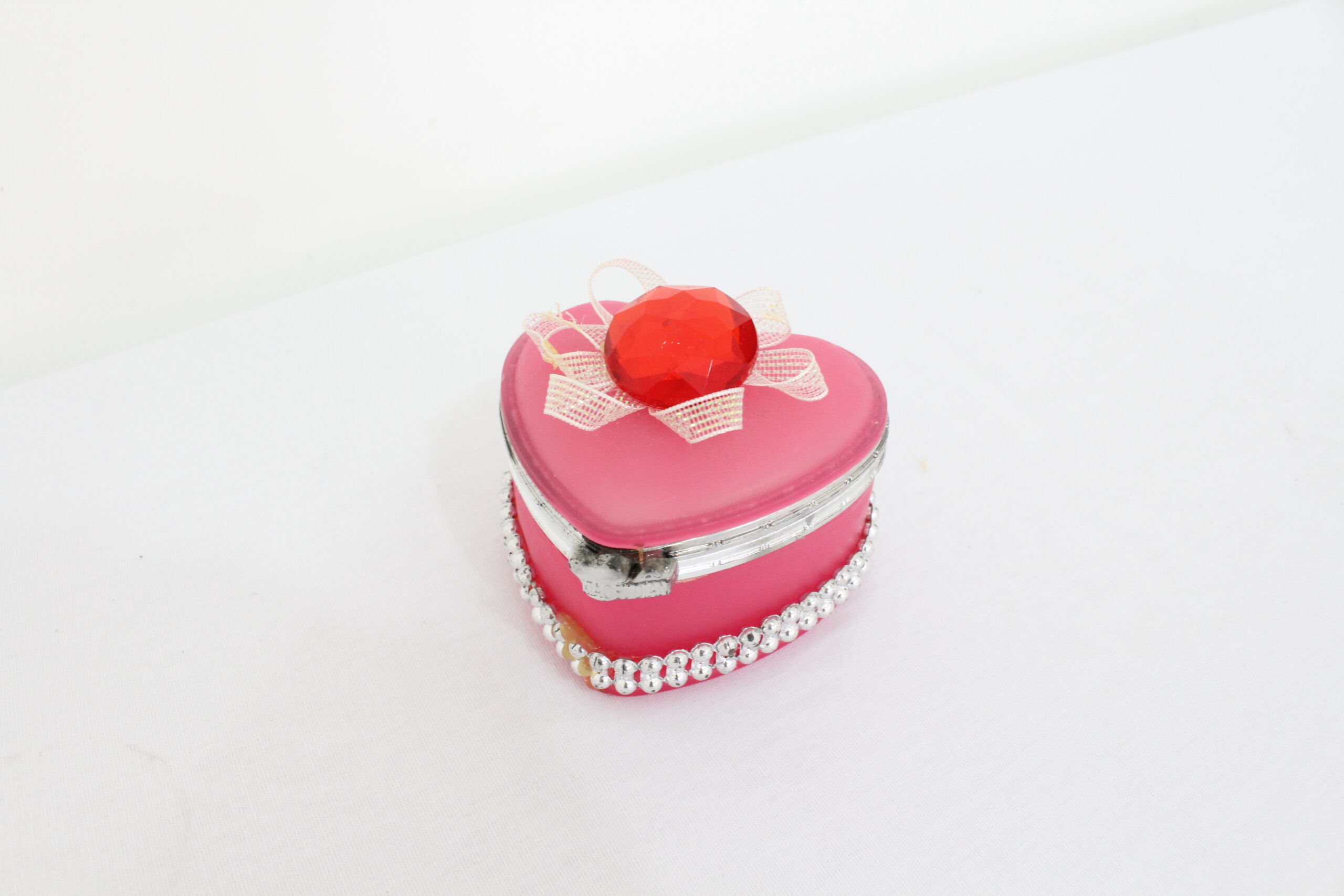(Art)Object
We can learn a lot about our society by visually examining the objects that surround us. For instance, the materials they are made of can reveal a series of technological achievements and economic interests. Their function is related to social conventions and cultural heritage. Their shape and colour can place their existence in time.
When creating an art object, we have total control of all of its formal features. The shape we choose to give it is moulded by our individual experience and can reveal how we perceive ourselves as part of a specific social group.
Understanding that our ability to read and create a work of art is linked to our awareness of the impact of context in its aesthetic value enables us to explore everyday objects’ pedagogical potential for art education.
For that purpose, we can ask ourselves the following questions:
How can we learn art through everyday objects?
How does creating (art) objects help us understand our social and political conditions?
In his work, artist and educator Geof Oppenheimer proposes that formal value is social value. Inspired by his pedagogical practices, I will invite students to explore the presence of objects in our daily lives and consider how their appearances shape the imagery of our most intimate experiences.
By engaging in a series of activities designed to question certain social values, partakers of the lab will be asked to reflect upon the relationship between private feelings and consumption habits, thus creating (art) objects that embody their perception.
Using familiar objects as a starting point for creative activity, I expect learners to get involved with theoretical questions more naturally and meaningfully. The work of other artists will be presented along the way to show alternative perspectives to similar issues. Following this approach, a more comprehensive path will be created to access contemporary art’s high level of conceptual complexity.
Isabella Bianchi is an artist/teacher based in São Paulo, Brazil. Her research contemplates industrial production’s influence over memories, the materialization of affection on consumption goods, and the civic function of (art) objects.
People
Isabella Bianchi
